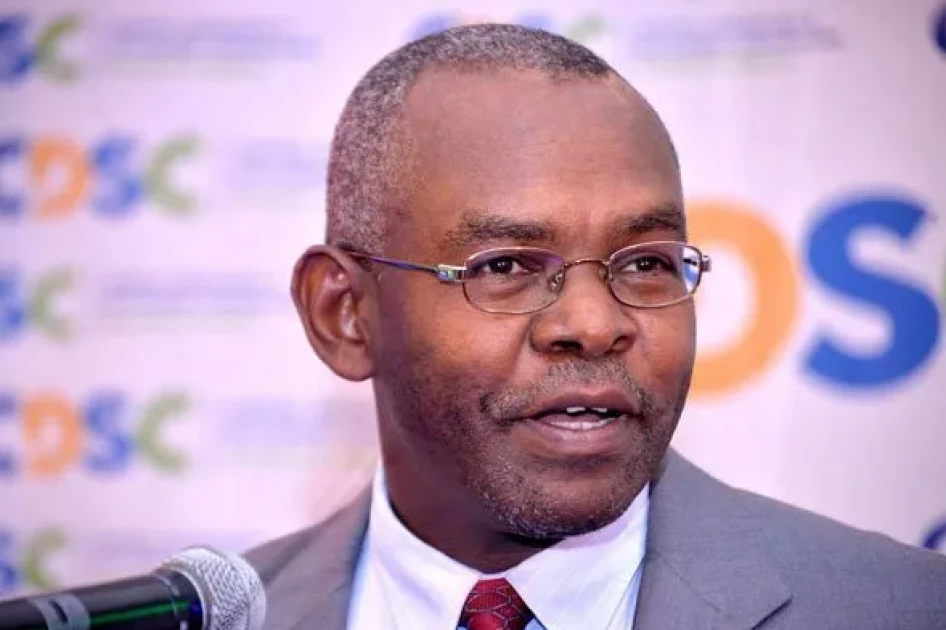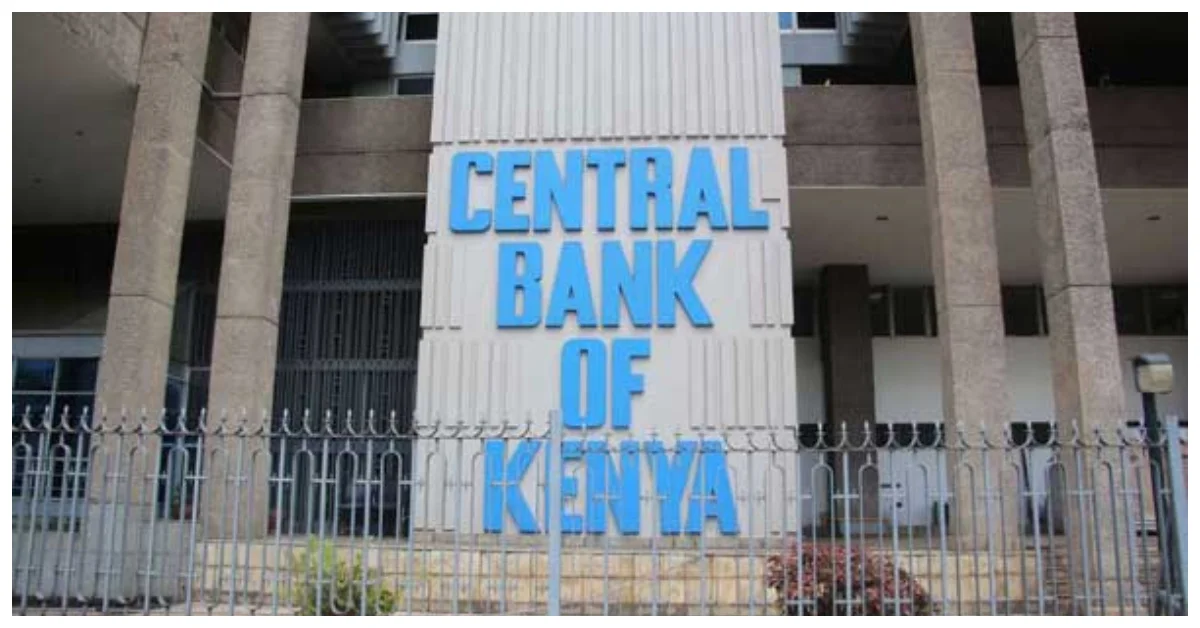The Central Bank of Kenya (CBK) is currently facing mounting pressure to maintain its proactive stance on monetary policy, with the next crucial decision-making meeting scheduled for October 3rd, 2023. This follows the recent MPC (Monetary Policy Committee) meeting held on August 9th, 2023, chaired by Dr. Kamau Thugge, CBK Governor and MPC Chairman.

According to a research note issued by the influential Kenya Bankers Association (KBA), a prominent representative of the banking sector, the modest slowdown in monthly inflation observed in August could be impermanent.
Factors such as potential fuel price spikes, a weakening Kenya Shilling, and the anticipated adverse impact of the October-December El Nino rains on the nation’s food production have raised concerns regarding the sustainability of this trend.
The CBK has consistently maintained a tightening policy stance since June 2022, progressively increasing the Central Bank Rate (CBR) from 7.5% to 10.5% by early August 2023. This deliberate approach has resulted in higher yields in the money market, elevated inter-bank rates, and an upward trajectory in average lending rates within the banking sector. These developments highlight the enduring effects of the prevailing tight monetary policy on the credit market.
In the MPC meeting held on August 9th, 2023, the CBK introduced an interest rate corridor framework aimed at guiding monetary policy operations and shaping market outcomes. Under this framework, the objective is to maintain the inter-bank rate within a range of ± 250 basis points around the CBR, with the overarching aim of enhancing the efficacy of the central bank’s policy measures.
Read Also: CBK Increases Benchmark Rate to Control Money Supply
While this goal has been successfully attained, concerns persist regarding the limited transmission of the policy signal from the inter-bank market to long-term market interest rates, particularly lending rates, which are pivotal for accelerating the anticipated reduction in credit supply.
KBA’s research also highlights the potential consequences of new taxes and the government’s fiscal consolidation plan on the cost of living and economic growth in the final quarter of 2023. The CBK’s ongoing tightening measures have already led to an escalation in the cost of funds and credit, consequently dampening the demand for credit.
Furthermore, Kenya’s external sector remains acutely susceptible to global shocks, and the impact of strict monetary policies implemented by developed markets continues to exert downward pressure on the local currency against major international currencies.
Given the current economic landscape, the Kenya Bankers Association strongly recommends an additional tightening of monetary policy by the Central Bank of Kenya (CBK).
Subscribe to Switch TV for more exciting content
This strategic course of action is considered imperative to effectively address mounting inflationary pressures, fight the slowdown in both credit demand and supply, proactively prevent the accumulation of non-performing loans, stabilize the exchange rate of the Kenyan Shilling and the US dollar, and ultimately foster a sustainable macroeconomic environment.
















